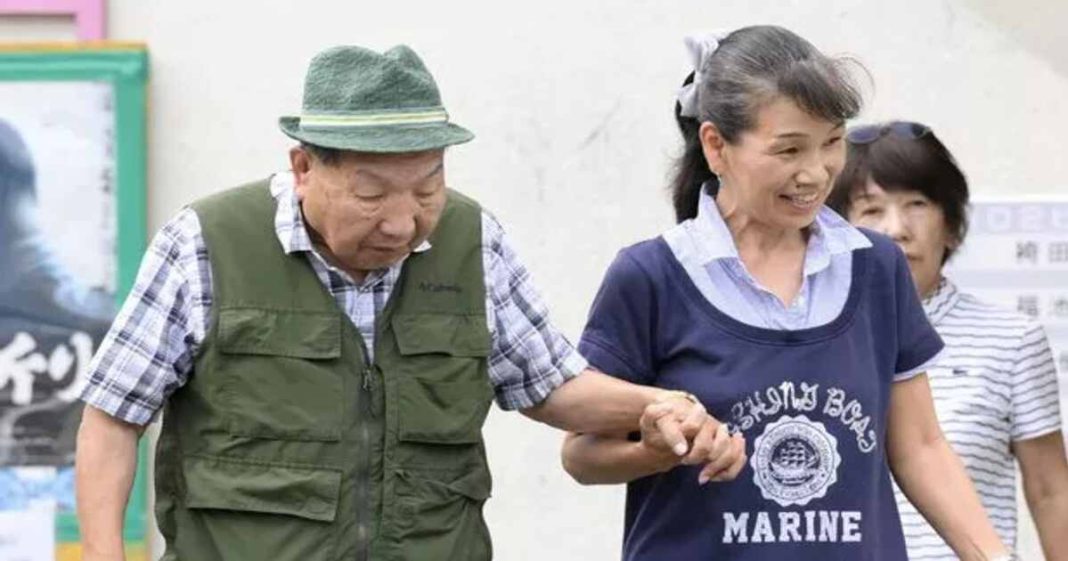88-year-old Iwao Hakamada, the world’s longest-serving death row prisoner, was acquitted by a Japanese court on Thursday. His release brings to light major flaws in Japan’s criminal justice system, which heavily relies on confessions and faces scrutiny over its use of capital punishment. Hakamada’s exoneration marks the end of a nearly six-decade ordeal that gripped the nation and highlighted the fragility of justice in the country.
Wrongful Conviction Spanning Decades
Hakamada, a former boxer, was convicted in 1968 for the murders of his boss, his boss’s wife, and their two teenage children in 1966. He was sentenced to death based on what is now widely considered fabricated evidence. A major point of contention was a set of blood-stained clothes found more than a year after his arrest, submerged in a tank of miso (fermented soybean paste). This evidence, along with a confession extracted under duress, led to his death sentence.
Read More: More than 95,000 Japanese aged over 100, most of them women
Hakamada spent a total of 48 years in prison, with 46 of those on death row, awaiting execution. Much of that time was spent in solitary confinement, where he was kept under conditions that contributed to a severe decline in his mental health.
Road to Retrial and Acquittal
A major turning point in the case came in 2014, when new evidence, including DNA testing of the bloodstains, suggested that Hakamada was innocent. The blood samples did not match Hakamada’s DNA, raising questions about the validity of the original conviction. Moreover, scientific analysis proved that bloodstains submerged in miso for a year would have turned too dark to be visible, further supporting claims that the evidence had been tampered with.
Despite these revelations, legal wrangling continued for nearly a decade, delaying the retrial. It wasn’t until 2023 that Japan’s Supreme Court ordered the case to be reopened, paving the way for Thursday’s acquittal. In their ruling, the Shizuoka District Court condemned the police’s handling of the case, citing forced confessions and tampering with evidence.
Criticism of Japan’s ‘Hostage Justice’ System
Hakamada’s case has cast a harsh spotlight on Japan’s criminal justice system, which boasts a 99% conviction rate. Critics argue that the system relies too heavily on confessions, often obtained through long and coercive interrogations. In Hakamada’s case, he initially denied the charges but later confessed after being physically and mentally abused by police during 23 days of interrogation.
Human rights groups, including Amnesty International, have long decried Japan’s justice system, particularly its handling of death row prisoners. They point to Hakamada’s case as an example of the country’s “hostage justice,” where suspects are often held under severe pressure until they confess.
Call for Justice Reform
Hakamada’s acquittal marks him as the fifth death row inmate in post-war Japan to be exonerated after a retrial. All previous cases also resulted in exoneration, raising questions about the integrity of the justice system. As Japan continues to uphold capital punishment, many are calling for urgent reforms.
“I’m against the death penalty,” Hakamada’s sister, Hideko, who has tirelessly campaigned for his release, told reporters. “Convicts are also human beings.”
Read More: Japan scrambles jets after Chinese aircraft ‘violates’ airspace
While Japan and the U.S. are the only two G7 nations that still carry out executions, Hakamada’s case has sparked renewed debates about the future of capital punishment and the need for broader reforms in the country’s legal system.














